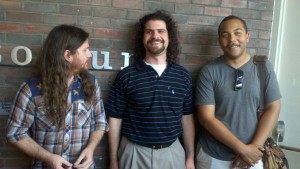J. Montgomery to headline blues benefit for film about 1960s WBCN-radio
Will play at West End Johnnie, Boston, on Wednesday, November 20 Limited tickets now available through Eventbrite.com

James Montgomery to lead at acoustic blues benefit Nov. 20
“In its early days, WBCN was the hub of enormous musical, social and political activity in Boston much of which had a national impact,” says Montgomery. “The blues were at the heart of it, and we’ll celebrate the roots of blues in this special evening of music.”
The benefit is at West End Johnnie’s, 138 Portland St. Boston, MA (phone: 617-227-1588) the cornerstone of Boston’s renewed West End that features an expansive collection of sports and music memorabilia.
Tickets are available online at KickstartWBCN.com for a suggested tax-deductible donation of $25. Donations to the non-profit production can also be made at the website.
“The American Revolution” tells the story of WBCN and Boston’s underground music, political and media scene during the late-1960s and early-1970s. WBCN began broadcasting as a free-form station in Boston on March 15, 1968 and soon became a powerful and groundbreaking media platform for a young generation driven to challenge social, cultural and political norms.
“WBCN broke the mold among radio stations playing the recordings of great blues artists like B.B. King, Muddy Waters and Howlin’ Wolf,” says film producer Bill Lichtenstein, who worked at WBCN starting while in junior high school in 1970 when he was just 14 years old. “Their music influenced emerging bands that were heavily blues-oriented, such as Fleetwood Mac, Jeff Beck and Led Zeppelin. This evening of music is a celebration of this important musical history.”
The benefit is also supporting the newly-launched “The American Revolution Documentary Archive Collection,” a collaborative project between the film’s producer, Lichtenstein Creative Media, and UMass Amherst Libraries’ Special Collections and University Archives.
For more information on the benefit contact: Bill Lichtenstein, Lichtenstein Creative Media, cell: 917-635-2538, Bill@LCMedia.com
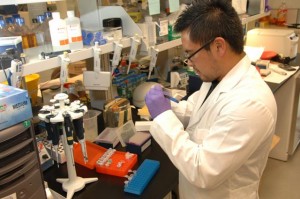
 , seven Democratic candidates expressed their views on gun control, the economy, gay marriage, immigration reform, the Middle East, and the general state of affairs–each in 60 seconds.
, seven Democratic candidates expressed their views on gun control, the economy, gay marriage, immigration reform, the Middle East, and the general state of affairs–each in 60 seconds.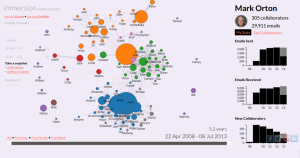


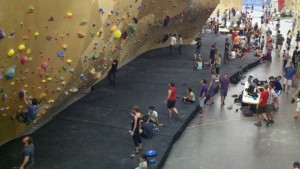
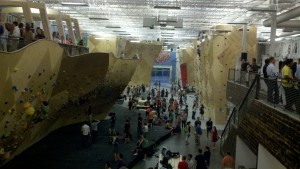
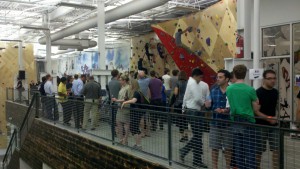 Friends Tom, R, Michael, Kathryn….heck, almost everyone I knew– chose the former
Friends Tom, R, Michael, Kathryn….heck, almost everyone I knew– chose the former